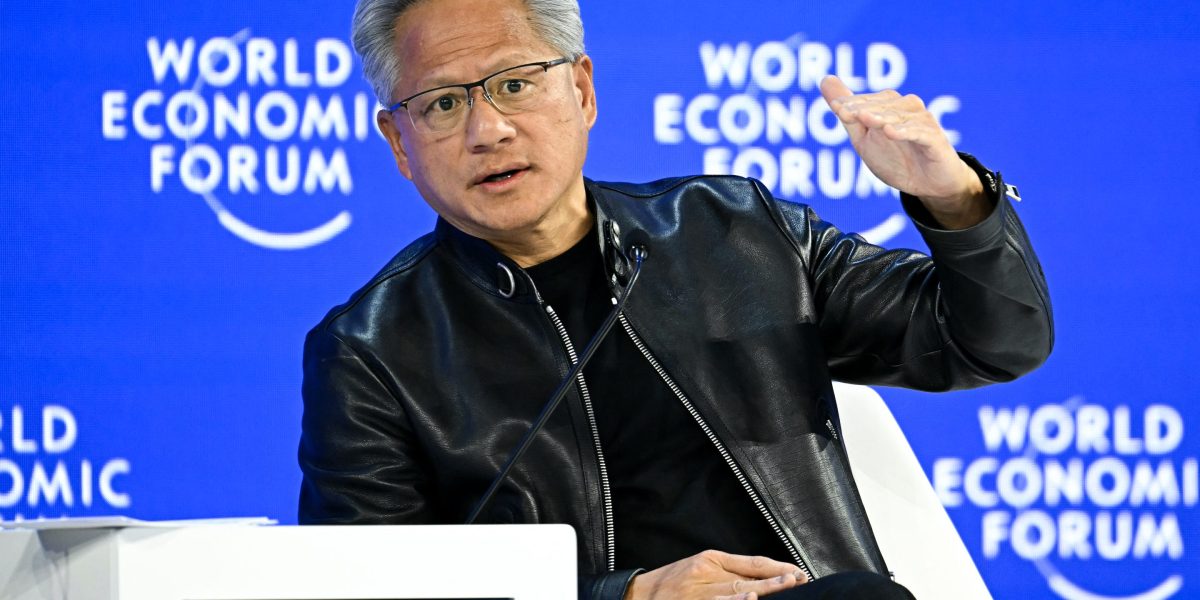In the span of one frenetic week, France unveiled seemingly opposing policy tracks.
On Oct. 31, the French National Assembly adopted a first-reading amendment rebranding the country’s real estate-only wealth tax into a broader “tax on unproductive wealth” that now explicitly covers digital assets.
At the same time, the right-wing Union des droites pour la République (UDR) introduced a bill to establish a national bitcoin reserve of approximately 420,000 BTC, aiming to hold 2% of Bitcoin’s total supply over the next seven to eight years.
One measure treats crypto holdings as idle ballast to be taxed; the other elevates them as national reserve assets. Taken together, they capture France’s conflicted but consequential stance toward crypto, caught between fiscal caution and monetary ambition.
The new wealth tax: crypto as “unproductive” capital
Under the amendment drafted by MoDem MP Jean-Paul Mattei and revised by Socialist MP Philippe Brun, a flat tax of 1% would apply to net taxable wealth exceeding €2 million. Crucially, the tax base now widens to include assets traditionally exempt, such as collectible cars, fine art, luxury vessels, and “actifs numériques” (digital assets), including cryptocurrencies.
The explanatory note specifies that previously excluded “tangible movable property … digital assets … life insurance policies for funds not allocated to productive investment” are now covered under the “unproductive” category.
A French resident with a substantial crypto portfolio could therefore face an annual tax, even if they do not sell. Critics argue that this amounts to taxing latent gains rather than realized income and risks penalizing investment in digital finance. The measure has drawn sharp backlash across France’s crypto industry, with executives warning it will drive trading desks and asset-management arms toward more lenient jurisdictions.
The bitcoin reserve: state stacking meets sovereignty
In parallel, the UDR, led by Éric Ciotti, has tabled a “proposition de loi” establishing a public body charged with building a national Bitcoin reserve of 420,000 BTC.
Reports describe a blueprint involving state-funded mining, the acquisition of seized coins, and an option to pay taxes in crypto. The bill presents Bitcoin as a strategic asset that links energy, monetary independence, and digital infrastructure. Its authors invoke the language of sovereignty, portraying Bitcoin as “digital gold” that can fortify national reserves in an era of de-dollarisation.
Although the proposal faces long odds in a fragmented parliament, it reflects a growing trend within Europe’s right-leaning parties that views bitcoin not as speculation but as a form of statecraft.
What’s less discussed is how far the text goes in sketching the mechanics of accumulation. The bill instructs the newly created public entity, Réserve stratégique de bitcoins, to acquire 2% of the total Bitcoin supply (approximately 420,000 BTC) within seven to eight years, and to do so without incurring any direct cost to the state budget.
It lists potential funding channels such as mining with state-owned surplus electricity, transferring confiscated crypto from judicial proceedings, and even reallocating dormant public deposits like those in the Livret A savings scheme.
The proposal would also authorize French citizens to pay certain taxes in Bitcoin and introduce a €200-per-day exemption for euro-stablecoin payments, embedding crypto use at both the treasury and retail level. These details indicate that the bill’s ambition extends far beyond symbolism, as it envisions Bitcoin integrated into France’s fiscal and monetary architecture, from energy monetization to everyday payments.
At first glance, the two initiatives appear to be in conflict, with one penalizing private crypto accumulation and the other encouraging public hoarding. Legally, however, they can coexist.The wealth-tax amendment targets individual balance sheets, while the reserve bill concerns the state’s. Public holdings would likely be exempt from the tax regime, leaving private holders to bear annual valuation and reporting duties. In practice, the tension would surface through market effects.
Taxing crypto holdings raises the cost of private accumulation and could shrink domestic supply, which in turn raises acquisition costs for the reserve. Conversely, aggressive state accumulation would tighten liquidity and inflate the taxable base for private investors, forcing the government to navigate the feedback loop it created.
Between policy paradox and precedent
France’s approach places it at the crossroads of two global models. Wealth-based taxation of crypto already exists in Switzerland, Spain, and Norway, where digital assets are declared and valued annually. Those systems tax the stock of wealth, not realized gains, and France’s new framework follows that lineage.
In contrast, the idea of a sovereign Bitcoin reserve situates Paris alongside experiments like El Salvador’s, though filtered through a European lens of institutional management rather than presidential decree.
Industry reaction in France has been swift and unflattering. Start-ups and exchanges warn that the amendment treats crypto as decorative wealth rather than working capital, equating it with yachts and watches. Annual mark-to-market obligations, they say, create liquidity strain and valuation uncertainty.
When it comes to policymakers, the counterargument rests on precedent: wealth taxes have long targeted unproductive capital, and modern tax law already applies mark-to-market accounting to some financial instruments.
Industry reaction in France has been swift and unflattering. Start-ups and exchanges warn that the amendment treats crypto as decorative wealth rather than working capital, equating it with yachts and watches. Annual mark-to-market obligations, they say, create liquidity strain and valuation uncertainty.
Politically, the contrast is just as sharp. The wealth tax amendment advanced with an unusual coalition of centrists, socialists, and far-right deputies. At the same time, the UDR reserve bill originates from a small conservative bloc with little parliamentary leverage.
If only the tax passes, France will tighten its grip on private holdings while shelving the reserve dream. If both advance, the result would be paradoxical: private crypto treated as taxable luxury, state-held Bitcoin elevated to sovereign wealth. Each could function independently, yet together they would change how France values and controls digital assets.
For now, both proposals remain in flux. The wealth-tax text heads to the Senate, where lawmakers may refine the definition of “actifs numériques” or introduce carve-outs for productive use. The Bitcoin reserve bill awaits committee referral and debate.
Whatever their legislative fate, they have already set the tone for France’s next chapter in digital finance: a nation ready to tax crypto like art while contemplating stacking it like gold.



























